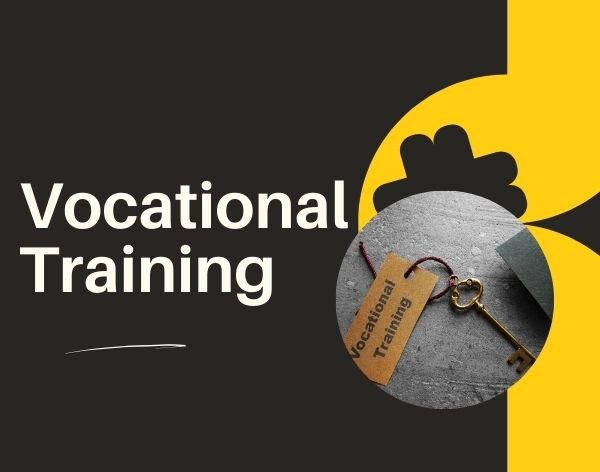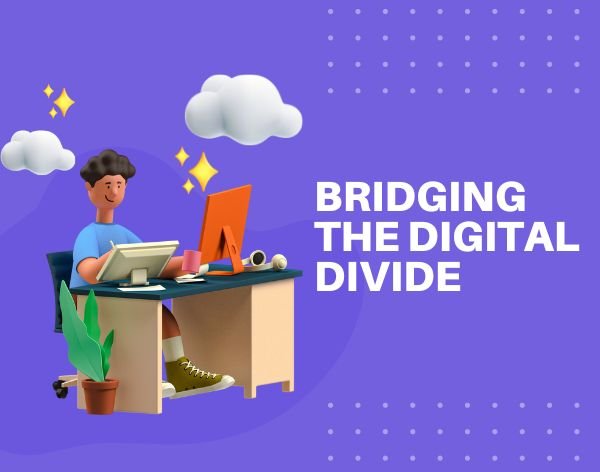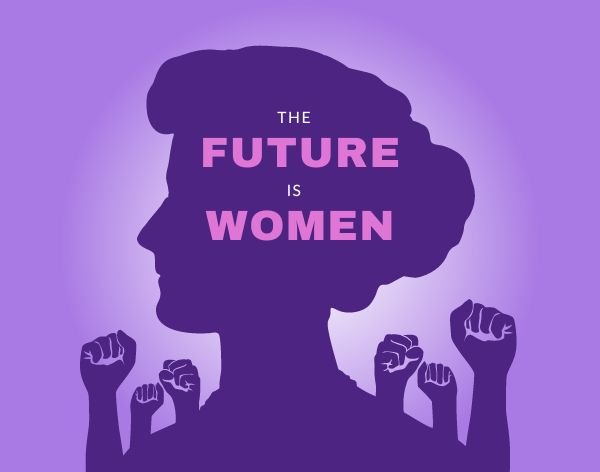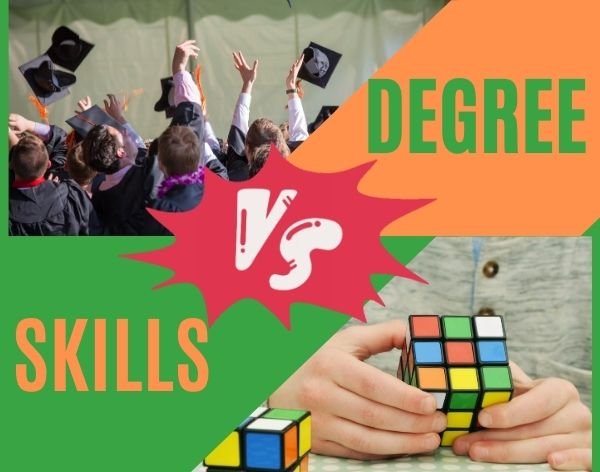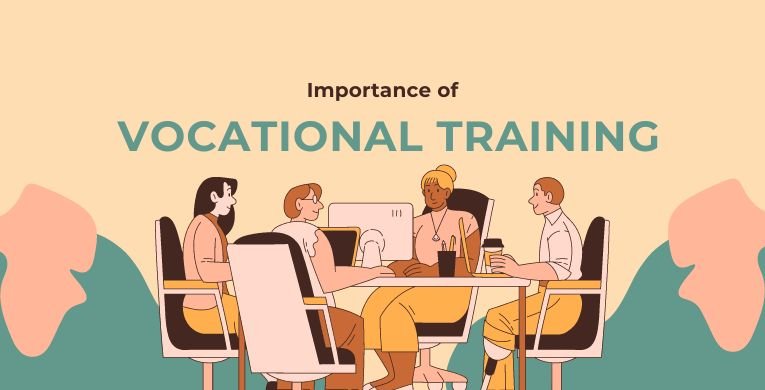
In the rapidly evolving job market, the value of vocational training cannot be overstated. As industries adapt to technological advancements and changing economic landscapes, the demand for skilled professionals continues to grow. Vocational training, with its focus on practical skills and hands-on experience, plays a pivotal role in preparing individuals for the workforce and enhancing their employability.
Addressing the Skills Gap
One of the primary benefits of vocational training is its ability to address the skills gap. Traditional education systems often focus on theoretical knowledge, leaving graduates unprepared for the practical demands of the job market. Vocational training programs, on the other hand, are designed in collaboration with industry experts to ensure that the curriculum is aligned with current market needs. This approach guarantees that students acquire the relevant skills and knowledge required to excel in their chosen fields.
Meeting Industry Demands
Industries such as healthcare, information technology, manufacturing, and trades are experiencing a surge in demand for skilled workers. Vocational training provides specialized education and training in these high-demand areas, ensuring that graduates are job-ready upon completion. By focusing on specific trades and professions, vocational education enables individuals to gain expertise and confidence in their roles, making them valuable assets to employers.
Practical Skills for Real-World Applications
Vocational training emphasizes hands-on learning and practical experience, which are critical for real-world applications. Students engage in workshops, internships, and apprenticeships that provide them with direct exposure to their chosen industries. This practical approach not only enhances their technical abilities but also helps them develop problem-solving skills, critical thinking, and adaptability—qualities that are highly sought after by employers.
Enhancing Employability
One of the most significant advantages of vocational training is its direct impact on employability. Graduates of vocational programs often find it easier to secure employment compared to their peers from traditional academic backgrounds. This is because vocational training equips them with job-specific skills that meet the immediate needs of employers. Furthermore, many vocational programs include job placement services, career counseling, and networking opportunities, further aiding students in their job search.
Pathways to Rewarding Careers
Vocational training opens up a plethora of career opportunities that may not require a traditional four-year degree. Professions in areas such as skilled trades, healthcare, IT, and creative arts offer rewarding careers with competitive salaries and growth potential. Moreover, vocational education often requires less time and financial investment compared to conventional degrees, making it an attractive option for many individuals seeking quick entry into the workforce.
Lifelong Learning and Career Advancement
The benefits of vocational training extend beyond initial employment. Many vocational programs offer continuing education and advanced training opportunities, allowing individuals to upskill and stay relevant in their professions. This commitment to lifelong learning ensures that vocational training graduates can adapt to industry changes and advance in their careers over time.
Embrace the future of work with vocational training at Restart Research Institute of Skill and Knowledge (RRiSK), where we are dedicated to transforming lives through comprehensive, industry-focused skill development programs.
Keywords: Vocational training, employability, skills gap, industry demands, practical skills, hands-on learning, job market, career development, technical abilities, specialized education.

